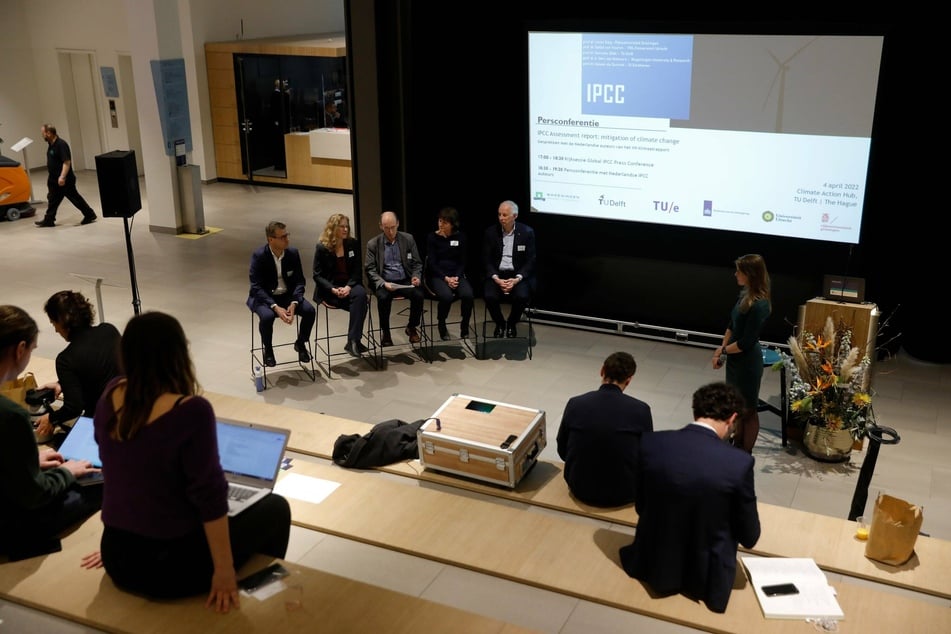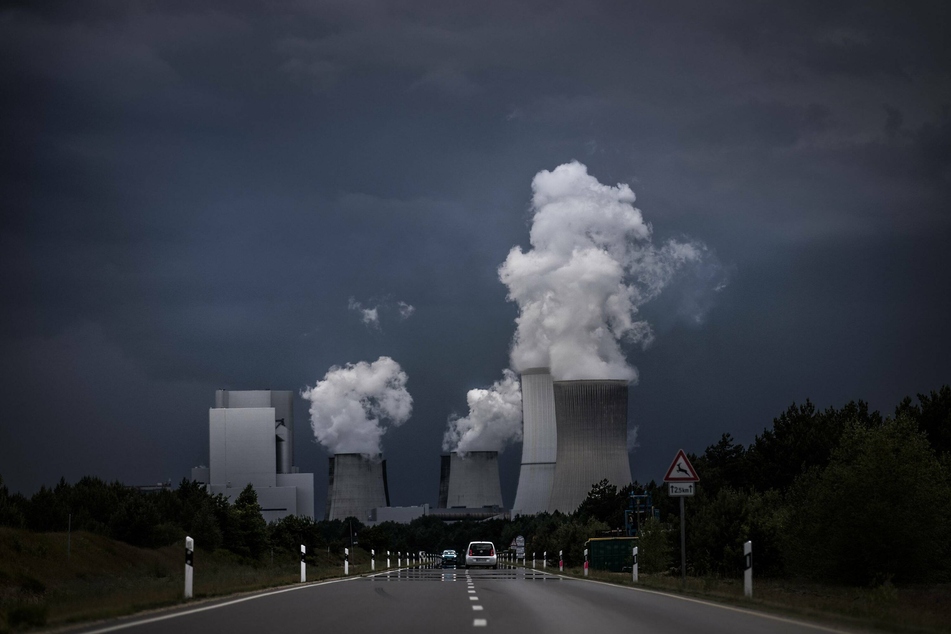IPCC Report: UN climate scientists urge end to fossil fuels
Geneva, Switzerland – The internationally agreed upon goal to limit global warming to 1.5 degrees Celsius is only attainable if climate-damaging emissions are drastically reduced right away and the world's energy sources are overhauled, United Nations (UN) scientists said Monday.

"We are at a crossroads. The decisions we make now can secure a liveable future. We have the tools and know-how required to limit warming," said Hoesung Lee, the chair of the UN-backed Intergovernmental Panel on Climate Change (IPCC), in a press release.
The IPCC's latest assessment is focused on how man-made climate change can be limited. Two previous reports recently released focused on the state of climate science and the alarming impacts on natural spaces.
In 2015, the world agreed to a global framework that would limit warming to well below 2 degrees compared to pre-industrial levels, and to pursue efforts to limit it to 1.5 degrees.
If not, the consensus is that extreme weather, including droughts and flooding, will become even more common, sea levels will rise, Arctic ice will diminish, and many plants and animals will be unable to adapt.
UN models show humanity blowing past the 1.5 degree target in the coming years without profound changes in how we live.
Despite the odds, last year the UN reaffirmed its goal of stopping global warming at 1.5 degrees.
Upon release of the assessment, Lee expressed hope, saying, "I am encouraged by climate action being taken in many countries. There are policies, regulations and market instruments that are proving effective. If these are scaled up and applied more widely and equitably, they can support deep emissions reductions and stimulate innovation."
The cost of solar and wind energy, for example, has fallen by up to 85% since 2010, boosting the expansion of renewable energy, Lee said.
"It's now or never"

The report also called for a major transition in the energy sector.
This includes using considerably fewer fossil fuels across industries and households, extensively electrifying transport, improving energy efficiency and scaling up alternative fuels such as hydrogen.
Carbon capture and storage initiatives are also seen as having an important role to play.
Putting the right infrastructure and policies in place could reduce emissions from 40% to 70% by 2050, the report stated.
"It's now or never," said Jim Skea, the IPCC's Working Group III co-chairperson. "Without immediate and deep emissions reductions across all sectors, it will be impossible."
Hundreds of scientists have analyzed tens of thousands of studies for the report over the past few years.
The first part of the scientific basis for climate change came to the conclusion last year that the value of 1.5 degrees Celsius is likely to be reached or exceeded within the next two decades.
The second part, published at the end of February, focused on the drastic consequences of man-made climate change and the adaptations needed to avert danger to life on the planet as far as possible.
Cover photo: imago/ANP